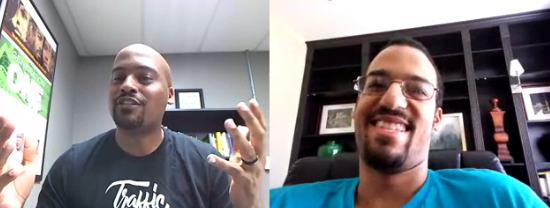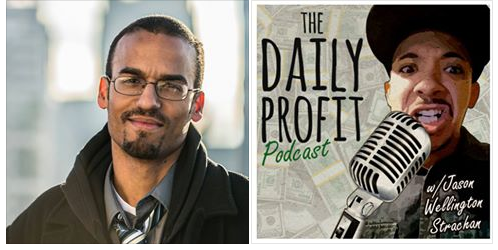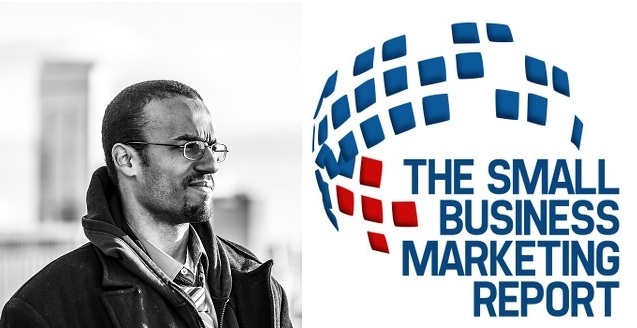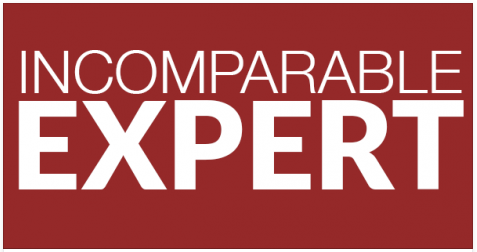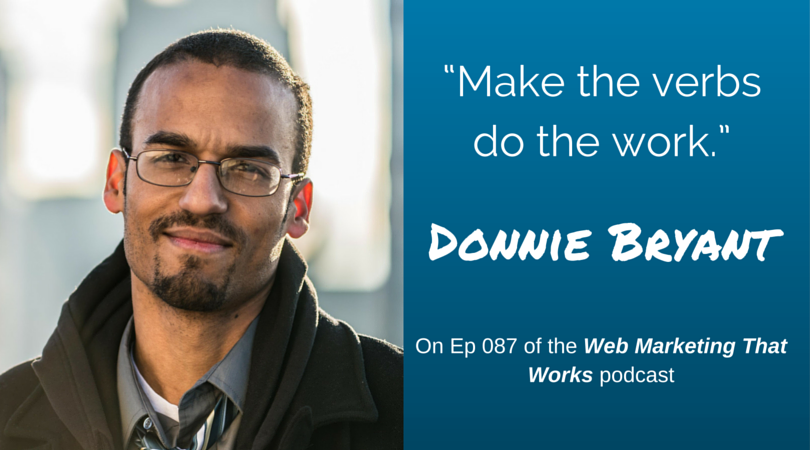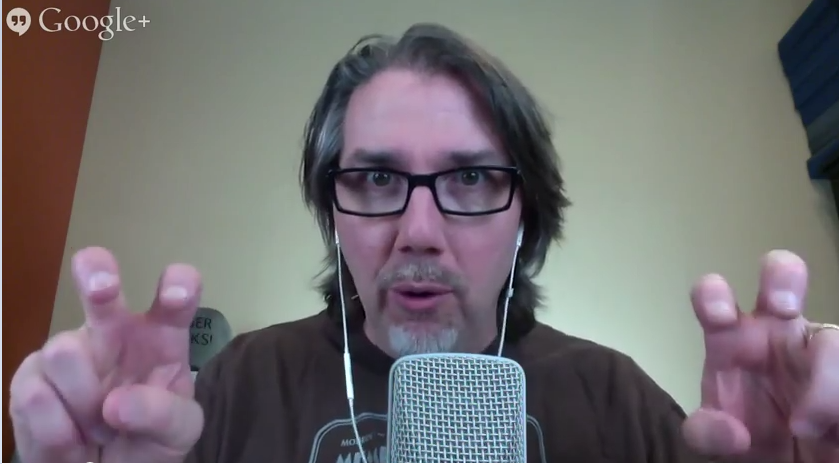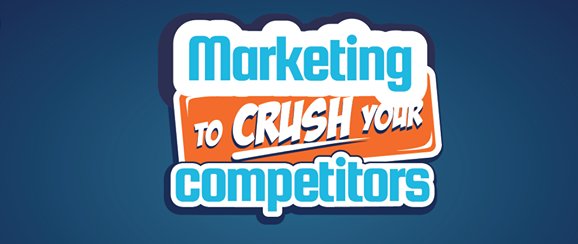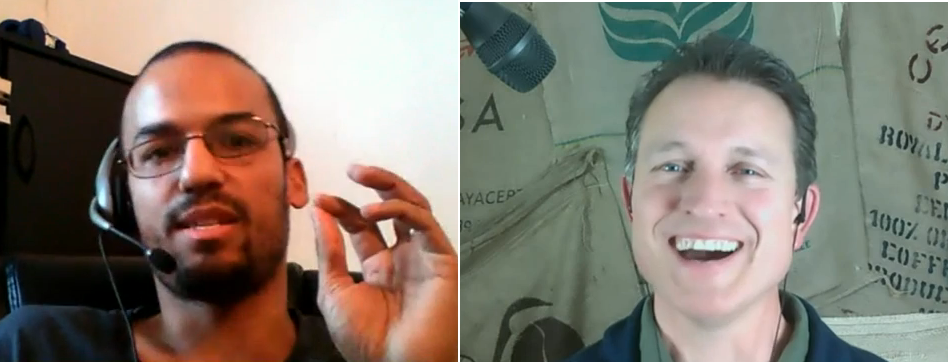For me, Lamar Tyler is one of my top answers to the question “If you could spend an hour with one person/celebrity, who would it be?” I have a TON of respect and admiration for Lamar’s business acumen, leadership and brilliance. Plus, he’s one of the coolest guys you’d ever want to meet.
Last weekend, I got my hour with The Man.
Lamar hosted the inaugural Traffic, Sales and Profit Lunch and Learn series on Blab, and I had the honor of being his guest. We discussed a lot of topics close to my heart, like:
- What is a unique selling proposition (USP)?
- How do I make people want what I sell?
- The differences in writing emails, landing pages, general web copy, etc.
- The most painful mistakes people make when writing copy
- When it’s time to hire a professional copywriter
- “Why can’t I find a good copywriter?”
- and plenty more.
I also revealed the most powerful characteristics of email copywriting — and why some people should NOT hire a copywriter to write their emails for them. (I’ve told potential clients on multiple occasions I couldn’t do better than what they’re doing.)
Check it out: The Science of Copy Lunch & Learn
An Important Point I Didn’t Get to Make in the Interview
I realized after the Blab that I forgot an significant point when we talked about why it’s sometimes difficult to find a good copywriter. If you’re expecting a stranger to instantly create a miraculous transformation of your business, you might be expecting too much.
Your copywriter isn’t (necessarily) weak just because he can’t make your boring offer exciting…or make a dead mailing list suddenly spring to life.
I’ve often quipped that I do work miracles, just not on demand. (Yes, I’ve said it to potential clients.) Even copy that seems brilliant doesn’t work 100% of the time. Believe me, I know from embarrassing experience. All of the pros have. For optimal results, you have to make the right offer to the right audience at the right time.
On the other hand, a great offer or a hot list can make even a pedestrian copywriter look like a superstar…

